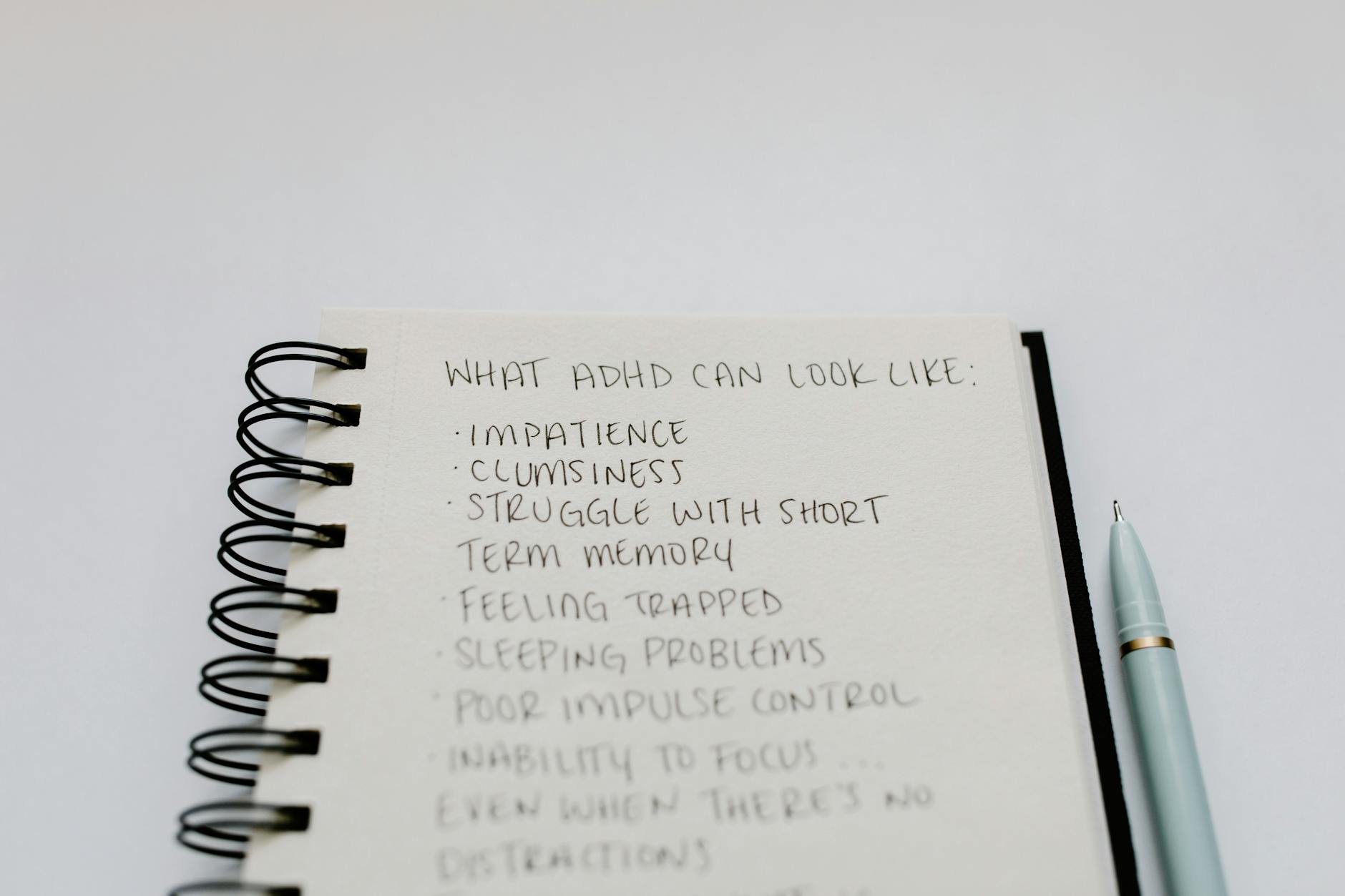What is mental awareness?
What is mental awareness?
Understanding mental awareness can be a transformative experience that enhances daily life and personal growth. It’s about recognizing our thoughts, emotions, and behaviors and how they impact our interactions with the world around us. This awareness can lead to better decision-making, increased productivity, and improved emotional well-being.
Defining Mental Awareness
Mental awareness refers to the ability to understand and recognize your thoughts, feelings, and emotions. It involves being conscious of your mental state and how it affects your day-to-day life. When you are mentally aware, you can identify triggers that lead to certain emotional responses, which can ultimately help you manage stress and improve your overall mental health.
Components of Mental Awareness
Mental awareness is not a standalone concept but consists of several key elements:
Emotional Awareness: This involves recognizing and understanding your emotions and how they influence your actions. For example, if you feel anxious about an upcoming deadline, being aware of this emotion can help you address it proactively rather than allowing it to derail your productivity.
Self-Awareness: This is the ability to introspect and recognize your strengths, weaknesses, values, and motivations. Self-awareness helps you understand how your behavior affects others, leading to more meaningful relationships.
Mindfulness: This is the practice of being fully present and engaged in the moment. Mindfulness is a powerful tool in mental awareness, allowing you to observe your thoughts and feelings without judgment. It can help reduce stress and enhance emotional regulation.
Benefits of Mental Awareness
The rewards of cultivating mental awareness are substantial. Here are some key benefits:
Enhanced Productivity: When you are mentally aware, you’re better equipped to focus on tasks and manage your time effectively. You can identify distractions and develop strategies to minimize them.
Stress Reduction: Understanding your emotional triggers can lead to healthier coping mechanisms. For instance, recognizing that you often feel overwhelmed can prompt you to take breaks or seek support when needed.
Improved Decision-Making: Mental awareness allows you to make informed choices. By understanding your emotions and motivations, you can evaluate situations more clearly and make decisions that align with your values.
For more on the importance of mental health and awareness, you can visit WHO’s Mental Health Fact Sheet.
Practicing Mental Awareness
Implementing mental awareness in your daily life takes practice. Here are some effective techniques:
Mindfulness Techniques
Incorporating mindfulness into your routine can significantly enhance your mental awareness. Here are some exercises to try:
Meditation: Spend a few minutes each day focusing on your breath. Notice the rise and fall of your chest, and when your mind wanders, gently bring your focus back to your breath. For more detailed mindfulness exercises, check out the Mayo Clinic’s mindfulness exercises.
Body Scans: This technique involves paying attention to different parts of your body, noticing sensations without judgment. Start from your toes and work your way up to your head.
Gratitude Journaling: Each evening, write down three things you are grateful for. This practice shifts your focus to positive aspects of your life, enhancing emotional awareness.
Journaling for Awareness
Journaling can serve as a powerful tool to deepen your understanding of yourself. By regularly reflecting on your thoughts and emotions, you can identify patterns and triggers, which fosters self-awareness. Consider the following approaches:
Daily Reflections: Spend 10-15 minutes each day writing about your experiences and feelings. What made you feel happy? What challenges did you face?
Prompts for Self-Discovery: Use prompts such as “What am I afraid of?” or “What do I value most in life?” to explore your inner thoughts. For more tips on using journaling for self-awareness, check out Day One Journaling.
Mental Awareness in Work and Study
Mental awareness isn’t just beneficial in personal life; it has profound implications for work and study habits.
Improving Focus and Productivity
Being mentally aware helps you maintain focus during tasks. You can easily identify when your mind starts to wander. Strategies such as the Pomodoro technique, where you work for 25 minutes and take a 5-minute break, can aid in maintaining concentration. Studies show that mental health strongly correlates with workplace productivity, as detailed in this NCBI article.
Balancing Work and Personal Life
Mental awareness plays a crucial role in achieving a healthy work-life balance. By understanding your limits, you can set boundaries that protect your personal time. Recognizing the signs of burnout—like irritability or fatigue—can prompt you to take necessary breaks or seek help. For more insights on mental health in the workplace, visit the CDC’s Mental Health at Work overview.
Conclusion: The Importance of Mental Awareness
In summary, mental awareness is a vital skill that enhances emotional well-being, productivity, and decision-making. By practicing mindfulness, journaling, and understanding your emotional landscape, you can cultivate a deeper awareness of yourself. This journey toward greater mental awareness is not just beneficial; it’s essential for leading a balanced and fulfilling life. Start implementing these techniques today and witness the positive changes in your life!

Photo by Tara Winstead